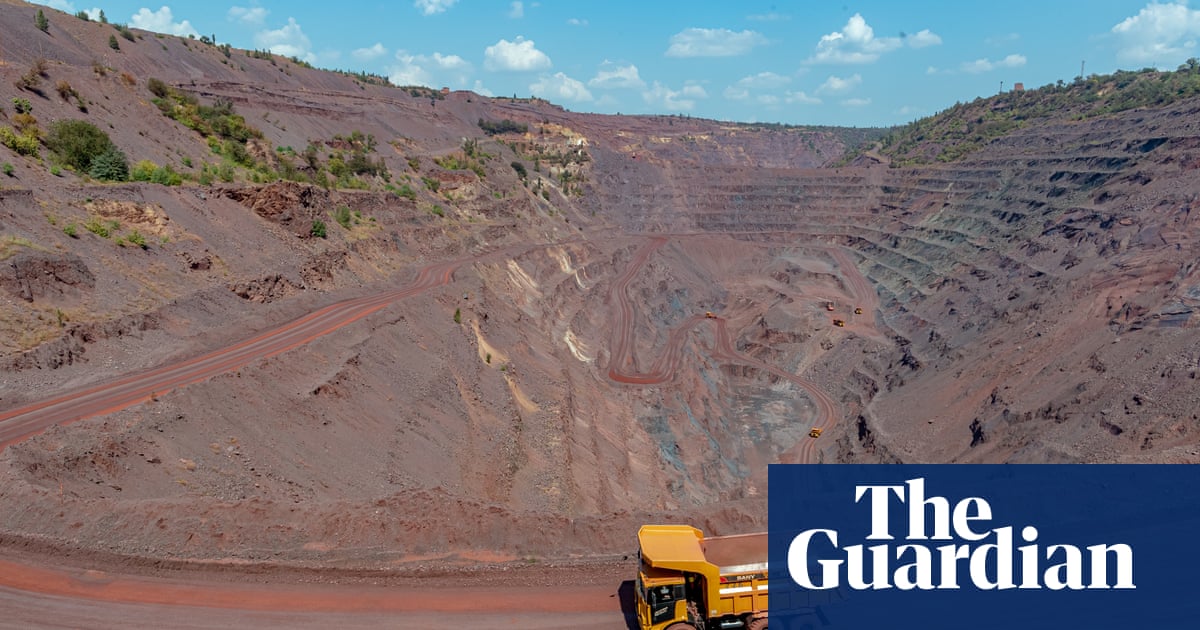Please bookmark for future updates
Dictators in Russia and China should be denied further control of raw materials used in electronics, writes John E Havard. Plus a letter from Fawzi Ibrahim
A footnote to the excellent article by Timothy Garton Ash (What if Russia wins in Ukraine? We can already see the shadows of a dark 2025, 21 December). The so-called rare earths are essential raw materials for advanced electronics industries. China – with the world’s largest economically exploitable reserves – has a major strategic advantage in access to rare earths, underlined by the tight export controls that it has recently imposed. In Europe, it is eastern Ukraine that has the best reserves. To gain and maintain control of Ukraine’s reserves would be a major boost for Russia.
A defeat here for Ukraine, enabled by the failure of the west to provide the long-term support that it has promised, would signal to China that it should not be too concerned about western resolve in the event of a Chinese invasion of Taiwan. Taiwan is a dominant supplier of the advanced electronics, incorporating rare earths, that will continue to be a major determinant of economic success.
Ukraine and Taiwan – raw materials, advanced products – are the complementary aspects of a single choice facing the west: whether to surrender leadership of a technology that will help determine economic success, and military strength, well into the 21st century. In this there is no role for shortsighted transactionalism. What is needed is to face up to inhuman autocratic authoritarianism, Chinese as well as Russian, with clear-headed strategic direction and resolve.
John E Havard
Twickenham, London
Timothy Garton Ash’s prophecy of Armageddon if Russia “wins” the war in Ukraine is based on the premise that the US, the UK and Nato in general constitute an altruistic, benign force, wishing nothing but to make the world a better place. It is as if the Vietnam war never happened, Iraq was never invaded and there was no military intervention in Libya. It is a fetching view of geopolitics, but alas with no foundation. If, in 1962, John F Kennedy could find the presence of Soviet missiles in Cuba a security threat, why not Russia in 2024 perceiving the expansion of Nato towards its borders as a threat to its national security?
It is pure fantasy to think that Russia, a state that’s unable to subdue a country a thirtieth of its size, a third of its population and less than a hundredth of its GDP has the capacity to conquer neighbouring countries. If China, regarded a security danger only a few months ago, can today be courted into to enter into a trade partnership with the UK, then why not Russia now that the war in Ukraine is coming to a natural end?
Fawzi Ibrahim
London
Have an opinion on anything you’ve read in the Guardian today? Please email us your letter and it will be considered for publication in our letters section.
